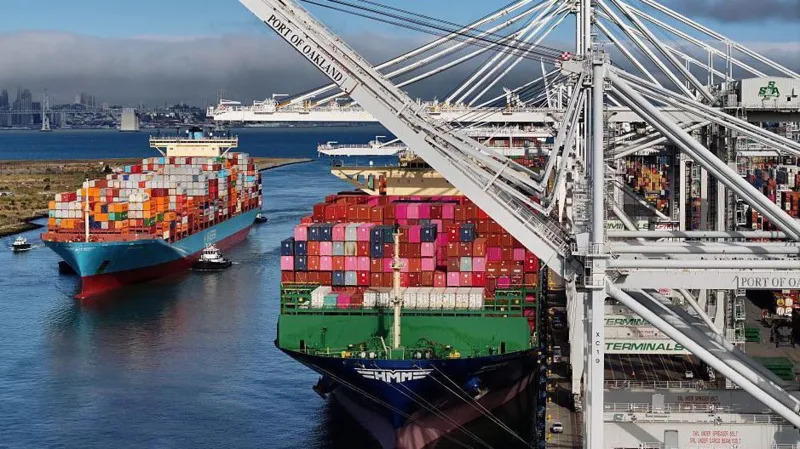More than 150 false killer whales stranded on remote beach in Tasmania
More than 150 false killer whales have been stranded on a remote beach in Tasmania.

It is the third mass stranding in the last five years on the west coast of the Australian island.
Officials said that marine experts including veterinarians were at the scene in Arthur River in the northwest.
Of the 157 beached whales, only 90 were still showing signs of life, Department of Natural Resources and Environment (DNRE) liaison Brendon Clark said.
However, officials announced that despite their best efforts, they have been unable to refloat the whales and will euthanise them "for animal welfare reasons".
The chances of beached whales surviving are low, as their bodies are crushed by their own weight when outside water and attempts to return them to sea can be dangerous for the rescuers involved.
It isn't clear how many, if any, of the whales can be saved.
The inaccessibility of the beach, along with difficult ocean conditions, complicated the response.
The whales can weigh anywhere from 500kg to 3,000kg and some had sunk into the sand where they were stranded.
Two whales that rescuers did try to refloat were simply washed back ashore, Shelley Graham, DNRE incident controller, said.
"Following expert wildlife veterinarian assessment, we have decided euthanasia will be required for animal welfare reasons," Ms Graham said.
"It is currently expected all remaining alive whales will be euthanised. The longer these animals are out stranded, the longer they are suffering. All alternative options have been unsuccessful, euthanasia is always a last resort," deputy incident controller Dr Kris Carlyon said.
The stranding was the first by false killer whales in Tasmania since 1974, although the species is known to strand.
It wasn't clear what may have caused this instance, and carcasses would be examined for any clues, authorities said.
Dr Angus Henderson from Tasmania University said there are many "natural causes", such as lead animals getting ill, lost or disoriented, the weather or "magnetic anomalies".
Underwater noise from human activities like seismic testing and military exercises could also play a part, he said.
Dr Vanessa Pirotta from Macquarie University said Tasmania is a "hotspot" for such mass strandings.
"Perhaps it's the geographical location, which make it difficult to navigate around. This is just one of many theories that may help understand why this happens."
The whales were discovered on Tuesday afternoon, but by Wednesday some could have been stranded for as long as 48 hours.
Arthur River local resident Jocelyn Flint said her son had discovered the stranded whales around midnight, while fishing for sharks.
She said she had visited the scene.
"The water was surging right up and they were thrashing. They're just dying, they've sunk down in the sand. I think it's too late," she said.
She added: "There are little babies. Up one end, there's a lot of big ones. It's sad."
-SKY NEWS







